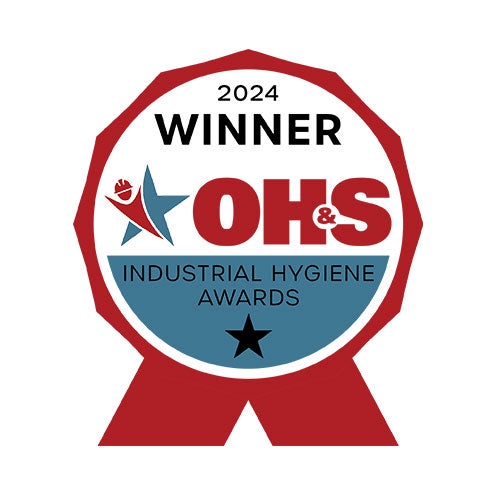In recent times, the enterprise quality management software space has seen substantial growth as the benefits of integrated quality management become more well known. The issue your company faces is deciding which of the many solutions available best suit your company’s needs. The best quality management software allows you to align quality management concerns with corporate goals – and ideally, at a lower cost.
To make your evaluation journey easier, here are 5 tips for comparing quality management software vendors.
1. User Support Matters
The best quality management software goes beyond mere technical support. To meet the demands of fast-paced industries like manufacturing, your integrated quality management software must include a strong user support base. The benefits of broad user support all relate to making the most out of your company’s investment in integrated quality management. Certainly, if you have managed to unclog delays in getting your QMS project approved, choosing a particular quality management software is the final step. To make the best choice, you want to choose a company with a proven, documented experience in the quality management software space. A professional implementation staff can mean the difference between an on-budget project and a costly endeavor.
This facet relates very closely to technical support since the minute details of such a large system as an enterprise quality management system require that implementation staff have the expertise necessary to troubleshoot quickly. At the very least, the quality management software you choose should include a wide breadth of online tools like a user community to support its user base.
2. Depth of the Quality Management Software Solution
A sound quality management system allows you to leverage a single repository of quality-related data into a broader enterprise solution. The best enterprise quality management software on the market today include modules for each of your quality processes. For instance, your quality management system must be able to accommodate:
- corrective and preventative actions
- document control processes,
- product part approval processes,
- supplier quality audits
The depth of the your solution matters greatly because in an ideal scenario, you want to consolidate disparate quality management processes as much as possible. Six Sigma certainly has its place, but to take total quality to the level of best-in-class organizations, the quality management software you choose must include modules for every component of your integrated system.
3. Integration With Current Business Systems
Stakeholders in IT may balk at the idea of adding another software to a sprawling technology infrastructure. As such, the quality management software you choose needs to harmonize and operate with the current business systems your company has in place today. The fact of the matter is that not all software can coexist peacefully with enterprise-scale applications. When speaking of integration, your quality management system should ideally fit with enterprise resource planning (ERP) solutions. ERP is one of the most important enterprise applications, so if the software you choose does not fit well with your company’s ERP software, your project may become prohibitively expensive.
4. Easy Adoption Among Users
This facet ties very closely to the tips listed above. The best pieces of enterprise quality management software on the market today are intuitive platforms that automate traditionally paper-based quality processes. The software you choose should not entail a lengthy training and education process. To get the most out of integrated quality management software, day-to-day users must be able to use the platform to its full potential. From a different perspective, consider the intricacies of a supplier audit. Easy-to-use software allows you to include suppliers in the quality management discussion. The most efficient solutions on the market today actually allow suppliers to input their own data and generate their own scorecards, which can enable you to refocus your quality resources elsewhere. For this workflow to be successful, the quality management software you choose must ideally be easy to use for all users – not just tech savvy users.
5. Reference Accounts
The final tip is to choose a software vendor that has many reference accounts. Any software vendor can claim that their product is the best on the market, but reference accounts can give you a candid look into real-world success stories. You may find that the software vendor you choose has particular expertise in the industry you serve. The intricacies and fast pace of today’s global manufacturing industry demand that you get your QMS project right the first time by choosing the right software vendor.













